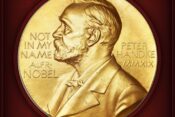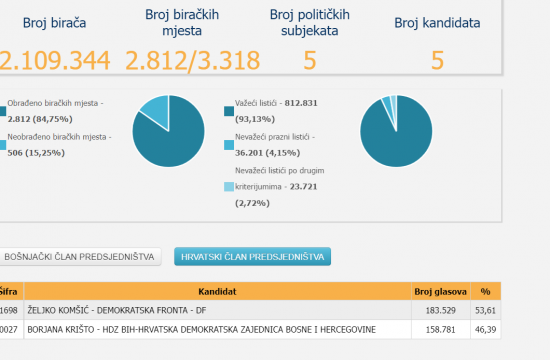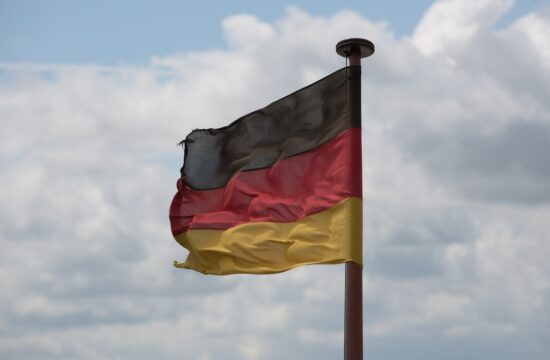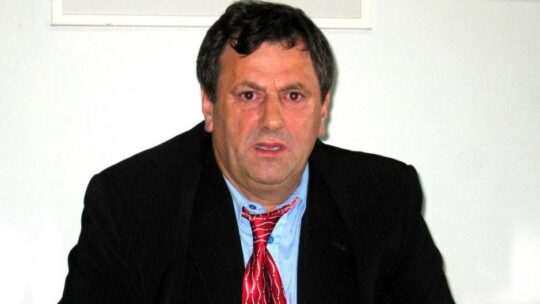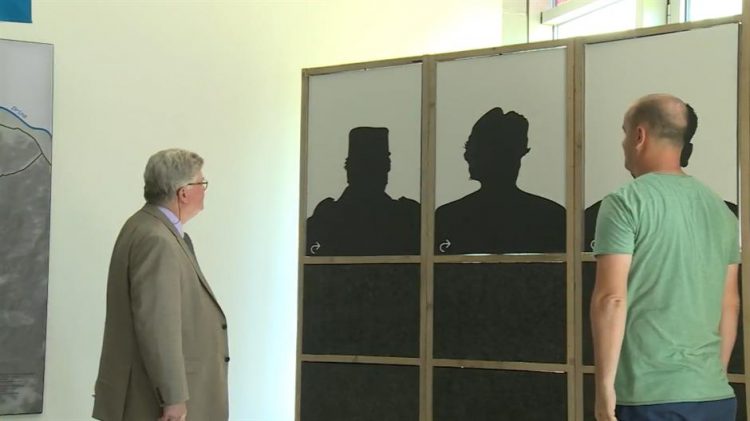
Awarding controversial Austrian writer Peter Handke with the Nobel Prize breaches a decision by the Council of the European Union to punish genocide denial and hate speech, said Professor of Philosophy at Southern Connecticut State University, Dr. David Pettigrew, the FENA news agency reported on Tuesday.
The Nobel Committee chose to award Handke, a vocal supporter of the policies of late Serbian strongman Slobodan Milosevic, with the 2019 Nobel Prize for Literature. As soon as the news came out, survivors and families and friends of those killed in the massacres between 1992 and 1995 asked for the decision to be withdrawn and protested in front of the Swedish Embassy in Sarajevo.
“Awarding Handke only additionally contributes to xenophobia and islamophobia, and at the same time it represents genocide denial, which is the final phase genocide,” Pettigrew said, adding that it also contributes to the trauma those who survived the genocide experienced while encouraging further genocide denial and extremism.
The Swedish Academy should be ashamed and resist glorification of war criminals coming from anybody, and Handke should be on trial for genocide denial, he said.
Pettigrew argued that awarding Handke would be the same as awarding someone who denies the Holocaust, stressing that this would be illegal in many European countries.
“That would be unfathomable and inappropriate because there are laws against Holocaust denial in many European countries. Deniers are being sentenced to prison,” he said.
The professor said that questioning the genocide in Bosnia contributes to a dramatic increase in nationalism, xenophobia and islamophobia across Europe which caused numerous terrorist attacks against Muslims in the past decade, including those that took place in Norway and New Zealand.
The Nobel Prize award ceremony will take place in Stockholm on Tuesday. A protest over Handke's award was announced to take place during the ceremony.

